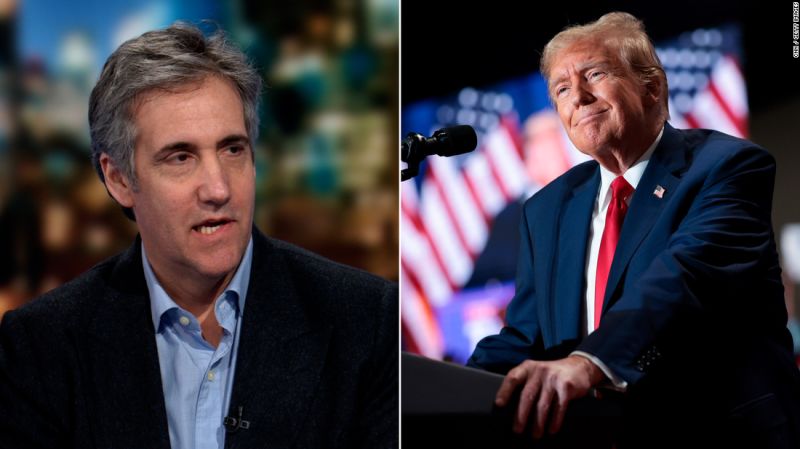In a CNN segment, legal analyst Elie Honig discusses the implications of Michael Cohen possibly lying on the stand and President Donald Trump not testifying in court. Honig explains that if the jury believes both Cohen and Trump are dishonest individuals, it could lead to a verdict of not guilty. He emphasizes that it is not the jury’s role to choose who to believe, but rather to determine if the prosecution has presented enough evidence to prove guilt beyond a reasonable doubt.
Honig points out that Trump may not testify in the trial, noting that it is not uncommon for defendants to choose not to take the stand. He implies that Trump’s decision could impact the jury’s perception of the case, but ultimately, they must base their verdict on the evidence presented by the prosecution. Honig’s focus is on the legal standard of proof required for a guilty verdict, rather than the personal credibility of the individuals involved.
The analyst highlights the role of the jury in evaluating the case based on the evidence and facts presented, rather than personal opinions about the credibility of the witnesses. Honig suggests that if the jury believes both Cohen and Trump are unreliable witnesses, it could create reasonable doubt about the prosecution’s case. He emphasizes that it is ultimately the prosecution’s burden to prove guilt beyond a reasonable doubt, regardless of the credibility of the witnesses involved.
Honig’s analysis brings attention to the legal standards and principles that guide jury decisions in criminal trials. He underscores the importance of evidence and proof in determining guilt or innocence, rather than personal biases or beliefs about the witnesses. By focusing on the legal process and burden of proof, Honig provides valuable insights into how the jury’s considerations should be based on the prosecution’s case and not on personal perceptions of the credibility of the individuals involved.
In discussing the potential implications of Cohen’s and Trump’s credibility in court, Honig sheds light on the complexities of legal proceedings and jury deliberations. He highlights the nuanced factors that can influence a jury’s decision, while emphasizing the fundamental importance of proof beyond a reasonable doubt in criminal cases. Honig’s analysis serves to educate viewers on the legal standards governing trials and the essential role of evidence in determining guilt or innocence in a court of law. By clarifying these principles, Honig offers valuable insights into the intricacies of the justice system and the responsibilities of jurors in evaluating cases impartially and objectively.


